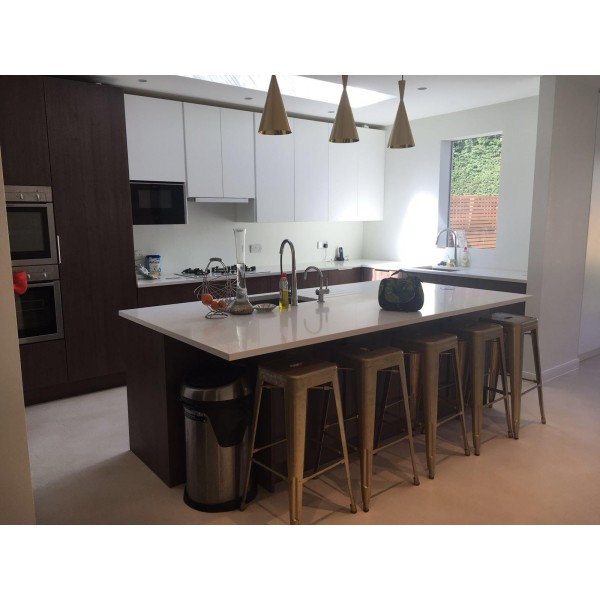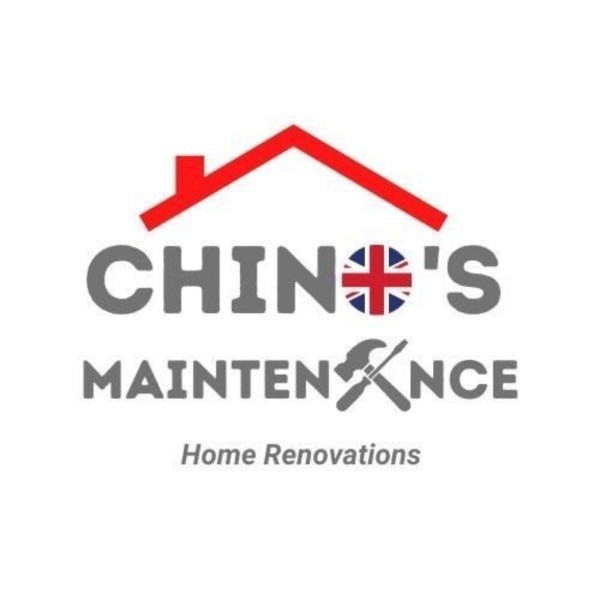Understanding the Role of Extension Builders in Wigan
In the bustling town of Wigan, the demand for home extensions has seen a significant rise. This surge is largely due to homeowners seeking to enhance their living spaces without the hassle of relocating. Extension builders in Wigan play a pivotal role in transforming these aspirations into reality. They bring expertise, creativity, and technical know-how to the table, ensuring that each project is executed with precision and care.
The Importance of Choosing the Right Extension Builder
Choosing the right extension builder is crucial for the success of any home improvement project. A skilled builder not only understands the technical aspects but also appreciates the aesthetic and functional needs of the homeowner. In Wigan, where architectural styles vary widely, selecting a builder who can seamlessly blend new extensions with existing structures is essential. This ensures that the new addition complements the overall design of the home, enhancing both its value and appeal.
Key Qualities to Look for in an Extension Builder
- Experience: A seasoned builder will have a portfolio of completed projects, showcasing their ability to handle various types of extensions.
- Reputation: Positive reviews and testimonials from previous clients can provide insight into the builder's reliability and quality of work.
- Communication Skills: Effective communication ensures that the builder understands your vision and can provide regular updates throughout the project.
- Attention to Detail: A meticulous builder will ensure that every aspect of the extension is executed to the highest standard.
- Problem-Solving Skills: Construction projects often encounter unexpected challenges, and a good builder will have the skills to address these efficiently.
Types of Extensions Offered by Builders in Wigan
Extension builders in Wigan offer a variety of options to suit different needs and budgets. Whether you're looking to add a new bedroom, expand your kitchen, or create a home office, there's a solution available. Here are some popular types of extensions:
Single-Storey Extensions
Single-storey extensions are a popular choice for homeowners looking to add extra space without altering the overall structure of their home. These extensions are typically used to expand kitchens, dining areas, or living rooms. They offer a cost-effective way to increase living space and can be designed to seamlessly integrate with the existing architecture.
Double-Storey Extensions
For those needing more substantial space, double-storey extensions provide an excellent solution. These extensions add significant square footage to both the ground and upper floors, making them ideal for growing families. While they require more planning and investment, the benefits in terms of space and property value are considerable.
Wrap-Around Extensions
Wrap-around extensions combine side and rear extensions to create a versatile and spacious addition to the home. This type of extension is perfect for creating open-plan living areas, offering a modern and airy feel. It allows for greater flexibility in design and can significantly enhance the functionality of a home.
Conservatories and Orangeries
Conservatories and orangeries are popular choices for homeowners looking to add a touch of elegance to their property. These glass structures provide a light-filled space that can be used for various purposes, from a relaxing sunroom to a vibrant dining area. They blend the indoors with the outdoors, offering a unique living experience.
Planning and Designing Your Home Extension
Before embarking on a home extension project, careful planning and design are essential. This stage involves working closely with your extension builder to ensure that your vision is accurately translated into a practical and aesthetically pleasing design.
Setting a Budget
Establishing a clear budget is the first step in the planning process. This helps to determine the scope of the project and ensures that all parties are aligned on financial expectations. It's important to account for potential unforeseen costs and to allocate funds for high-quality materials and finishes.
Design Considerations
When designing your extension, consider how the new space will be used and how it will integrate with the existing structure. Think about factors such as natural light, access, and flow between rooms. Your builder can provide valuable insights and suggestions to optimise the design for both functionality and aesthetics.
Obtaining Planning Permission
In many cases, home extensions require planning permission from the local council. Your extension builder can assist with this process, ensuring that all necessary documentation is submitted and that the project complies with local regulations. This step is crucial to avoid any legal issues down the line.
The Construction Process: What to Expect
Once the planning and design phases are complete, the construction process begins. Understanding what to expect during this stage can help alleviate any concerns and ensure a smooth experience.
Site Preparation
The first step in the construction process is preparing the site. This involves clearing the area, setting up temporary structures if needed, and ensuring that all necessary utilities are in place. Proper site preparation is essential for a successful build.
Foundation and Structural Work
Building a solid foundation is critical to the stability and longevity of your extension. This phase involves laying the groundwork and constructing the structural framework. Your builder will ensure that all work is carried out to the highest standards, adhering to safety regulations and best practices.
Interior and Exterior Finishes
Once the structural work is complete, attention turns to the interior and exterior finishes. This includes installing windows and doors, fitting electrical and plumbing systems, and applying finishes such as plastering, painting, and flooring. Your builder will work closely with you to ensure that the final result meets your expectations.
Ensuring Quality and Compliance
Throughout the construction process, maintaining quality and compliance is paramount. Extension builders in Wigan adhere to strict standards to ensure that every project is completed to the highest level of craftsmanship.
Regular Inspections
Regular inspections are conducted at various stages of the build to ensure that all work complies with building codes and regulations. These inspections help identify any issues early on, allowing for timely corrections and ensuring that the project stays on track.
Quality Assurance
Quality assurance measures are implemented to guarantee that all materials and workmanship meet the required standards. This includes checking for defects, verifying measurements, and ensuring that all installations are secure and functional.
Aftercare and Maintenance
Once your extension is complete, ongoing maintenance is essential to preserve its condition and functionality. Your builder can provide guidance on how to care for your new space, ensuring that it remains a valuable addition to your home for years to come.
Regular Maintenance Tips
- Inspect for Damage: Regularly check for signs of wear and tear, such as cracks or leaks, and address any issues promptly.
- Clean and Maintain Surfaces: Keep surfaces clean and well-maintained to prevent damage and ensure a fresh appearance.
- Service Systems: Schedule regular servicing for electrical, plumbing, and heating systems to ensure they operate efficiently.
- Monitor Structural Integrity: Keep an eye on the structural integrity of your extension, particularly after severe weather events.
Frequently Asked Questions
What is the average cost of a home extension in Wigan?
The cost of a home extension in Wigan can vary widely depending on the size, design, and materials used. On average, homeowners can expect to spend between £20,000 and £50,000 for a standard extension. It's important to obtain detailed quotes from multiple builders to ensure a fair price.
How long does it take to complete a home extension?
The timeline for completing a home extension depends on the complexity and size of the project. Generally, a single-storey extension can take between 8 to 12 weeks, while a double-storey extension may take 12 to 16 weeks. Your builder will provide a more accurate timeline based on your specific project.
Do I need planning permission for a home extension in Wigan?
In many cases, planning permission is required for home extensions in Wigan. However, some smaller projects may fall under permitted development rights, which do not require formal permission. It's advisable to consult with your builder or local council to determine the requirements for your project.
Can I live in my home during the extension construction?
In most cases, homeowners can continue living in their homes during the construction of an extension. However, there may be some disruption, particularly during the initial stages. Your builder can provide guidance on how to minimise inconvenience and ensure a safe living environment.
What materials are commonly used for home extensions?
Common materials used for home extensions include brick, timber, steel, and glass. The choice of materials will depend on factors such as the design, budget, and existing structure. Your builder can recommend the best materials for your specific needs and preferences.
How can I ensure my extension adds value to my home?
To ensure your extension adds value to your home, focus on quality design and construction. Consider the needs of potential future buyers and choose features that enhance the functionality and appeal of your home. Consulting with a professional builder can provide valuable insights into maximising your investment.
In conclusion, extension builders in Wigan offer a wealth of expertise and services to help homeowners enhance their living spaces. By choosing the right builder and carefully planning your project, you can create a beautiful and functional extension that adds value and enjoyment to your home.

























